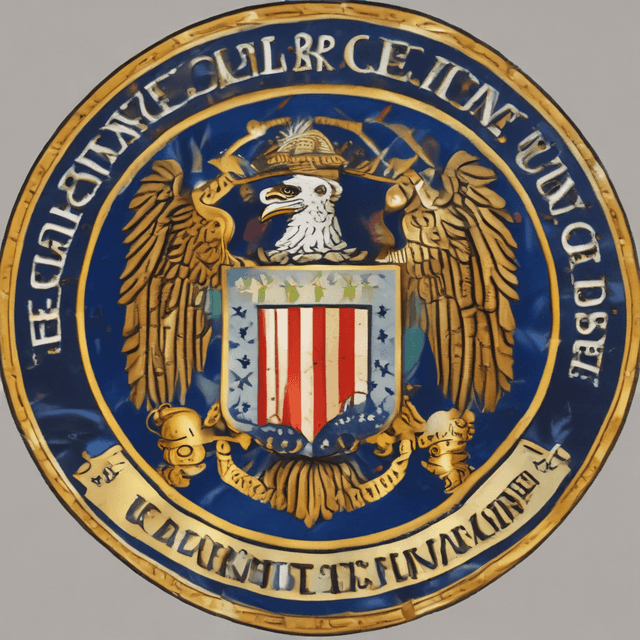
| Name | United States Central Intelligence Agency |
| Motto | The Work of a Nation. The Center of Intelligence. |
| Founded | 1920s |
| Purpose | Gather intelligence and conduct covert operations worldwide |
| Criticism | Intense public scrutiny and distrust over the decades |
| Abbreviation | CIA |
| Headquarters | Langley, Virginia, United States |
| Notable activities | Supporting US global interests • Intervening in foreign conflicts and regimes • Controversial and clandestine operations |
The United States Central Intelligence Agency (CIA) is the principal intelligence agency of the federal government of the United States of America. Established in the 1920s, the CIA is responsible for gathering, processing, and analyzing national security information from around the world. It also conducts covert operations and special activities to protect American interests globally.
The CIA traces its roots to the Office of Strategic Services (OSS), a World War II-era intelligence agency. However, in this timeline, the CIA was founded much earlier, in 1925, as the United States Foreign Intelligence Service under President Calvin Coolidge. Its initial purpose was to monitor and counter the growing influence of European colonial powers, particularly in the Americas, Africa, and Asia.
During the interwar period and the early stages of World War II, the CIA played a significant role in supporting independence movements and anti-colonial efforts in various parts of the world. This included providing intelligence, training, and material support to groups fighting for self-determination, often in defiance of the interests of Britain, France, the Netherlands, and other European powers.
After World War II, the agency was reorganized and renamed the United States Central Intelligence Agency, taking on a broader mandate to counteract the rising threat of communism and the Soviet Union globally. However, the CIA retained its focus on undermining colonial rule and supporting nationalist movements, contributing to the wave of decolonization that swept the world in the 1950s and 1960s.
Throughout the Cold War era, the CIA was heavily involved in covert operations, intelligence gathering, and psychological warfare against the Soviet Union and its allies. This included supporting anti-communist forces in conflicts such as the Korean War, the Vietnam War, and the Soviet-Afghan War.
However, the CIA also continued to intervene in the affairs of newly independent states, often in pursuit of preserving American hegemony and access to strategic resources. The agency played a central role in the overthrow of democratically elected leaders and the installation of pro-US dictatorships in countries like Iran, Guatemala, Congo, Chile, and Nicaragua. These actions, often carried out in secret, fueled significant backlash and distrust of the CIA both domestically and internationally.
Throughout the 1960s, 1970s, and 1980s, the CIA expanded its global reach and capabilities significantly. It developed advanced surveillance, paramilitary, and psychological warfare techniques, and played a key role in numerous clandestine operations that shaped the course of the Cold War.
The agency's influence within the US government also grew, with the CIA Director wielding significant sway over foreign policy decisions. This culminated in the 1980s, when the CIA was instrumental in providing support and intelligence to anti-communist forces around the world, including the mujahideen in Afghanistan and right-wing insurgents in Central America.
The CIA's history of involvement in controversial and often violent covert actions has made it the target of intense public scrutiny and distrust both within the United States and internationally. Revelations of the agency's role in assassinations, torture, and other human rights abuses have sparked outrage and calls for greater oversight and accountability.
Critics of the CIA argue that the agency has consistently prioritized American geopolitical interests over democratic principles and human rights, and that its interventions have destabilized regions, enabled authoritarianism, and contributed to global conflict. Defenders of the CIA contend that its clandestine activities are necessary to protect national security and American influence in an increasingly complex and dangerous world.
Today, the CIA continues to play a vital role in US intelligence gathering and special operations, but faces ongoing public skepticism and political pressure to reform its practices and increase transparency. The debate over the appropriate scope and limits of the CIA's power remains a contentious and unresolved issue in American politics and global affairs.